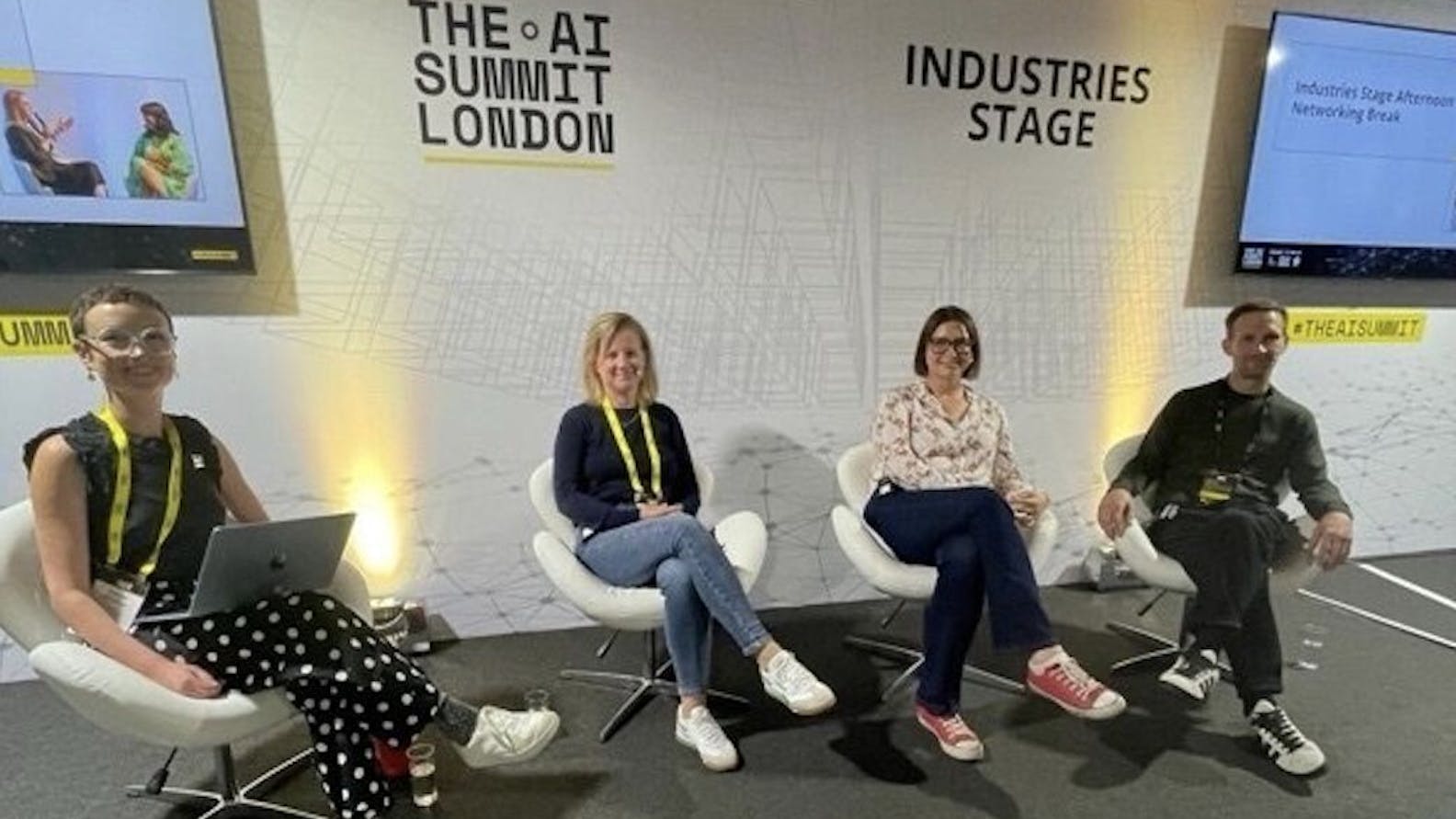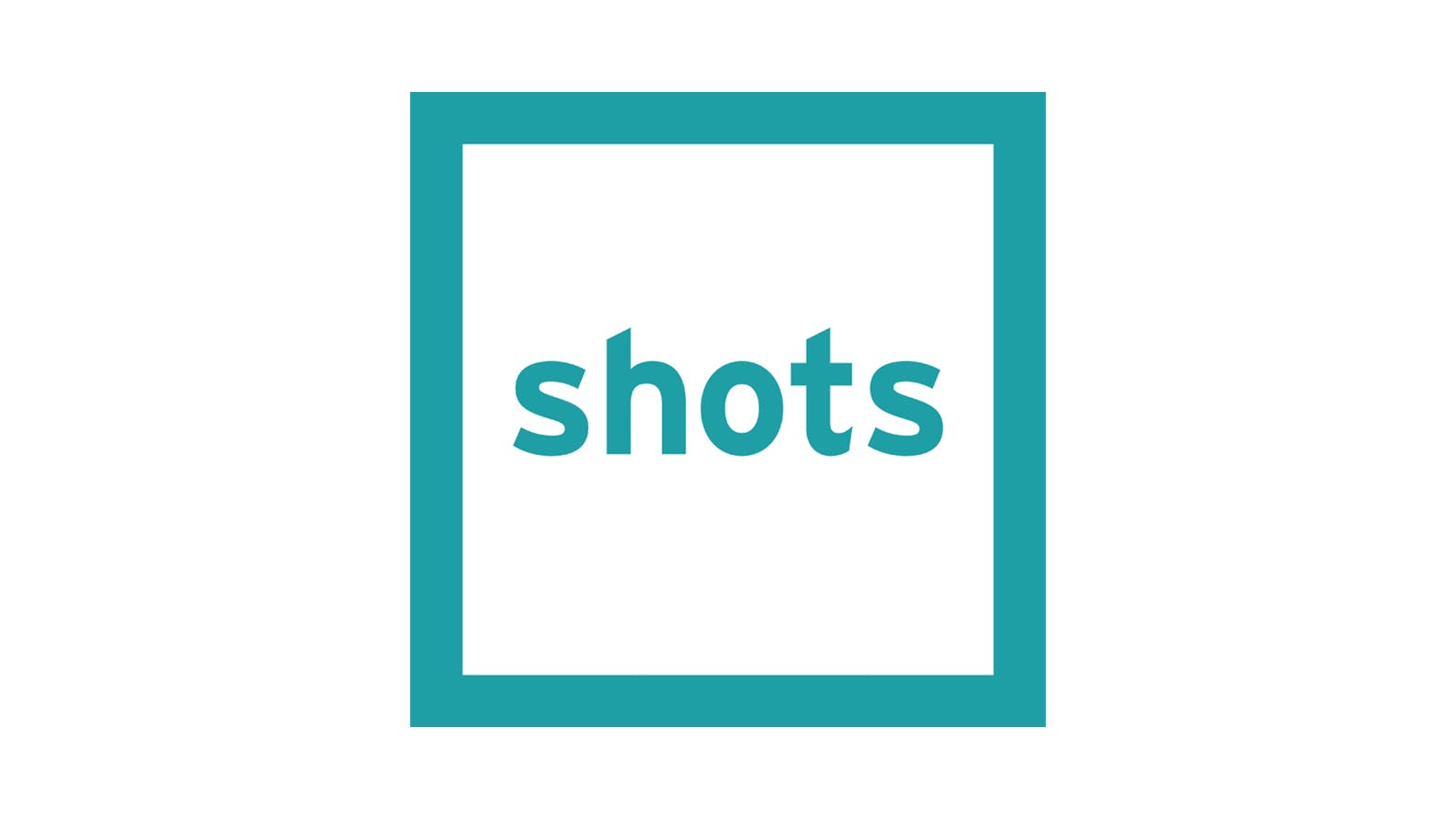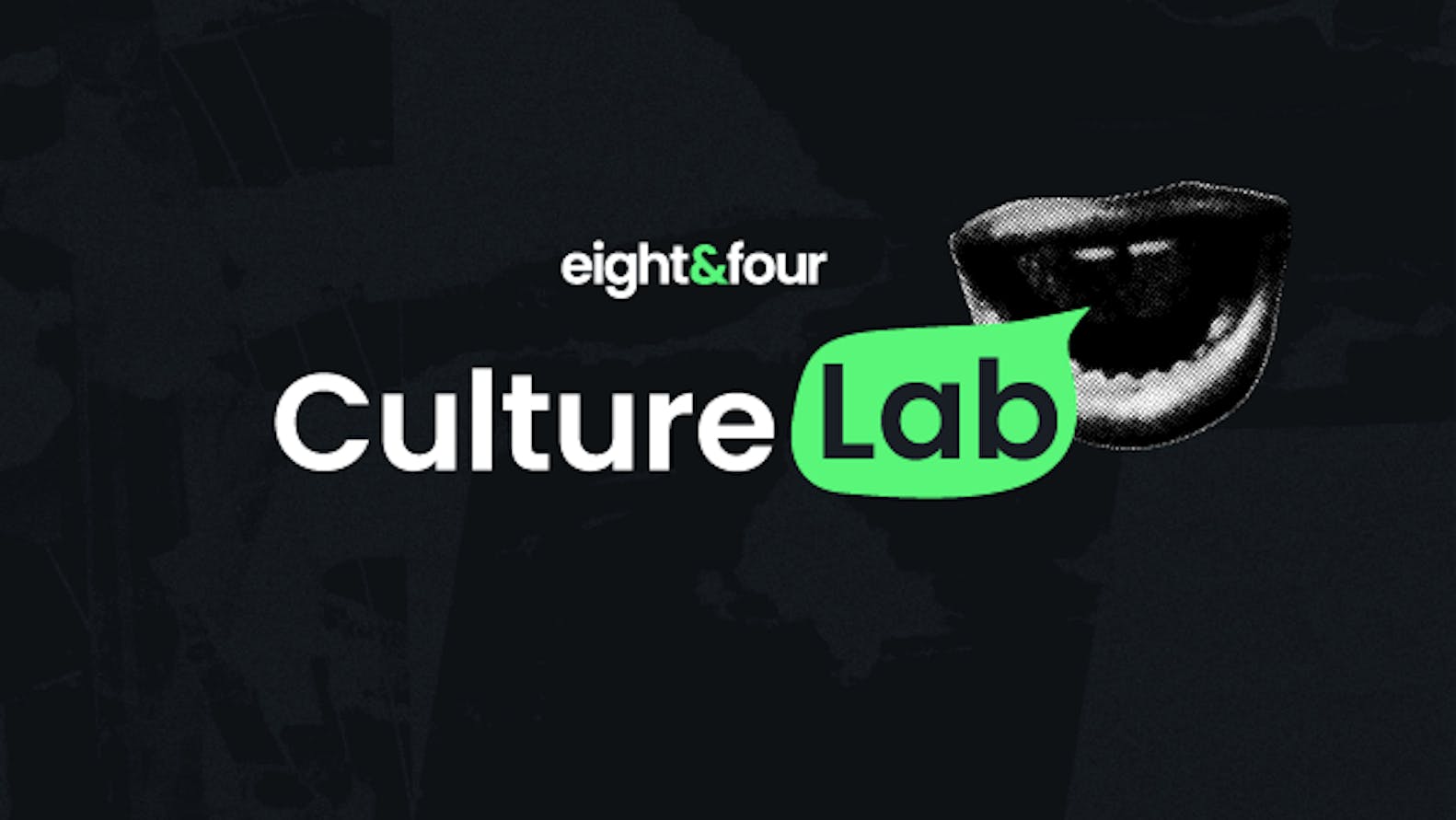Kate Ross, one of our Co-founders and Group MDs, joined the AI Summit this month as part of the panel on Human-Centred Marketing in the AI Age, alongside Matt Garbutt and Lily McCann. The session, hosted by Emma Wharton Love, brought together sharp minds to challenge some of the loudest myths surrounding AI’s impact on the marketing industry.
One of Kate’s key messages was that GenAI is a powerful tool for increasing efficiency, but it’s not a job-destroying force, unless used without thought. She pointed to historical examples like the invention of the tractor, which replaced repetitive, manual labour. In contrast, the day-to-day work of modern marketers, from managing stakeholders to making nuanced, taste-driven decisions, is far too complex and human to be replaced by automation.
The conversation addressed a growing concern within the industry: the narrative that agencies are becoming obsolete. Kate pointed out that much of this fear is being fuelled by a highly funded GenAI tech bubble looking to capture marketing budgets. This narrative, she argued, is not only misleading - especially for larger agencies and brand teams - but actively damaging. It creates fear, slows momentum, and risks deterring new talent from entering the industry altogether.
Citing recent research from Stanford and the University of Chicago, as well as the latest US jobs data, Kate emphasised that there’s currently no evidence of widespread job loss linked to GenAI adoption. If anything, the broader employment trend remains positive.
The real challenge for marketing isn’t AI - it’s perception. And forums like this panel are essential to reframe the conversation, focus on where AI can help, and protect the future of an industry that thrives on creativity, complexity, and human insight.


